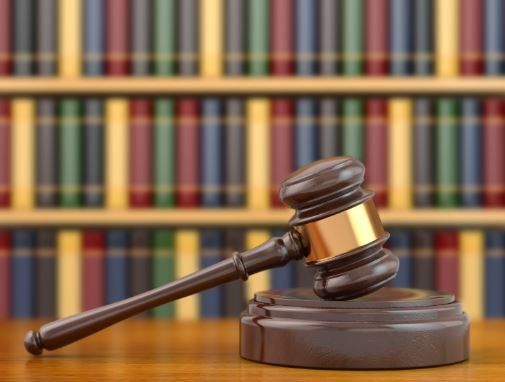What You Need To Know About Injunctions
- By Hawley & Rodgers
- •
- 27 Jul, 2018
- •

With all of the legalese out there, sometimes it can be hard to understand what happens during legal process. Hawley and Rodgers, commercial law solicitors, explain what an injunction is and what happens when one is obtained.
What is an injunction?
An injunction is a Court Order that either prohibits a person from doing something or requires a person to do something. First an interim (or temporary) injunction will be obtained which usually lasts until the trial or next Court Order is delivered.
If you breach an injunction, you can be held in contempt of court, which could result in imprisonment.
Types of injunction
There are many types of injunction, but here we’ll look at the following:
- Freezing Order (to prevent disposal of assets).
- Search Orders (requiring a party to admit entry to their premises for the purposes of preserving evidence).
- Orders for disclosure of documents before proceedings (where a person may have documents that could be evidence).
- Orders preserving property.
- Orders of disclosure of documents by a non-party.
When does one seek an injunction?
When one party wished to either prevent the other party from any anticipated wrongdoing or from benefitting from any wrongdoing.
An injunction can be made before or after court proceedings have begun. The court will usually grant the injunction if the matter is urgent, or there is a real risk that evidence may be disposed of.
How to apply for an injunction
If there are just grounds for the application, then evidence to support this must be presented to the court without delay. Any application can be made prior to the commencement of court proceedings if urgent or when the proceedings have begun.
If the other party has not been made aware of the injunction at the time of application, then the party seeking it must file evidence together with an affidavit that explains the need for the injunction.
The applicant party must be prepared to compensate the party against whom the injunction is obtained if it subsequently discovered that the injunction should not have been granted.
What kind of cases can involve an injunction?
There are different scenarios where an injunction may be required, for instance:
Employment
A company may prevent a former employee from using information learned at their company to set up on their own or get ahead in another company.
Construction
An injunction could prevent a party from building or tearing down a structure.
Property
If neighbours are causing disturbance or erecting an extension to block a few, an injunction could be sought.
Commercial
If a party stands to benefit from selling goods which it does not own.
What if I am served with an injunction?
If you are served with an injunction you should contact Hawley and Rodgers for advice immediately. You will need to inform us of everything that might be relevant to your case. It’s important to do not anything in breach of the injunction.
Experienced Commercial Law Solicitors
We are commercial law and family solicitors with offices in Loughborough and Nottingham. Contact us for legal advice on a range of matters by calling us on 01509 230 333 in Loughborough or in Nottingham on 0115 955 9000. You can also email us at enquiries@hawleyandrodgers.com.











